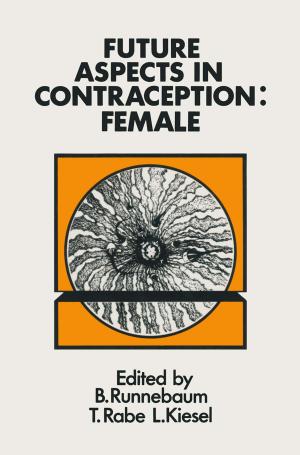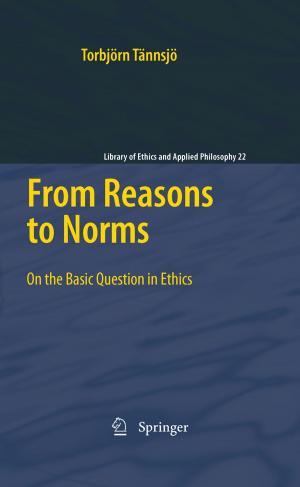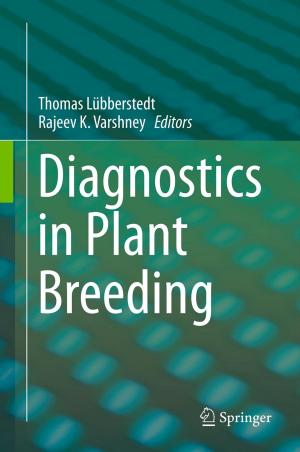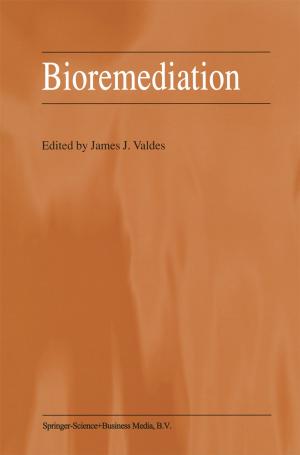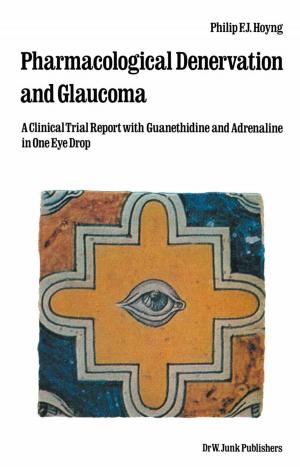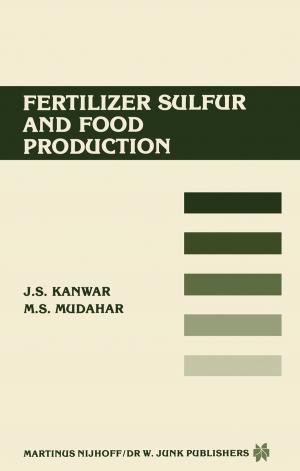The Medieval Warm Period
Nonfiction, Science & Nature, Science, Other Sciences, Meteorology, Biological Sciences, Environmental Science| Author: | ISBN: | 9789401111867 | |
| Publisher: | Springer Netherlands | Publication: | December 6, 2012 |
| Imprint: | Springer | Language: | English |
| Author: | |
| ISBN: | 9789401111867 |
| Publisher: | Springer Netherlands |
| Publication: | December 6, 2012 |
| Imprint: | Springer |
| Language: | English |
The Medieval Warm Period and the Little Ice Age are widely considered to have been the major features of the Earth's climate over the past 1000 years. In this volume the issue of whether there really was a Medieval Warm Period, and if so, where and when, is addressed. The types of evidence examined include historical documents, tree rings, ice cores, glacial-geological records, borehole temperature, paleoecological data and records of solar receipts inferred from cosmogenic isotopes. Growth in the availability of several of these types of data in recent years, and technical advances in their derivation and use, warrant this state-of-the-art re-examination of Medieval Warm Period.
The book will be of value to all those with an interest in the natural variability of the climate system, for example those concerned with anticipating and detecting anthropogenic climate change.
The Medieval Warm Period and the Little Ice Age are widely considered to have been the major features of the Earth's climate over the past 1000 years. In this volume the issue of whether there really was a Medieval Warm Period, and if so, where and when, is addressed. The types of evidence examined include historical documents, tree rings, ice cores, glacial-geological records, borehole temperature, paleoecological data and records of solar receipts inferred from cosmogenic isotopes. Growth in the availability of several of these types of data in recent years, and technical advances in their derivation and use, warrant this state-of-the-art re-examination of Medieval Warm Period.
The book will be of value to all those with an interest in the natural variability of the climate system, for example those concerned with anticipating and detecting anthropogenic climate change.





